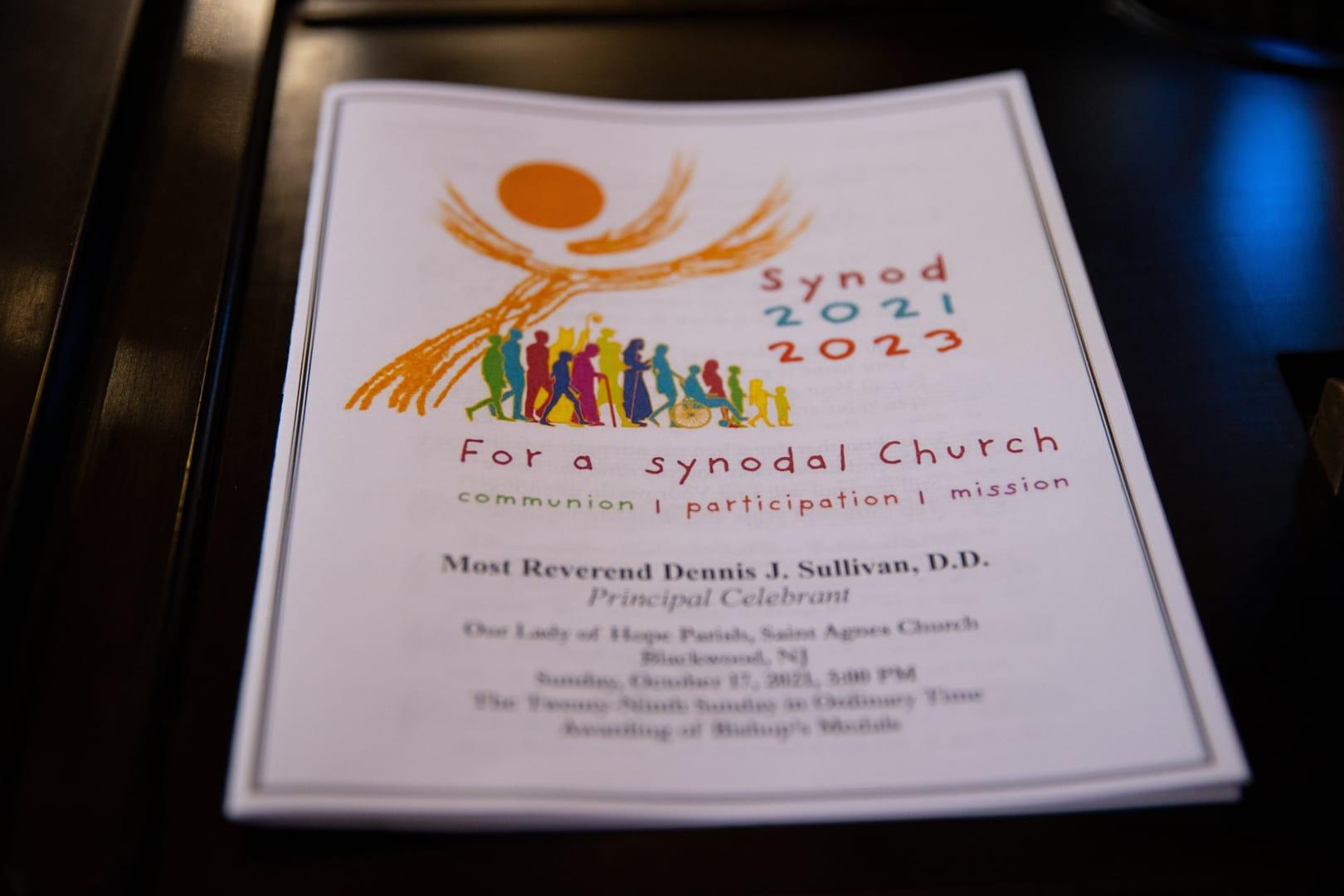NEW YORK – With the Vatican’s publication of the working document for the continental phase of the Synod on Synodality, the U.S. bishops’ conference has announced that it will join the Canadian bishops’ conference for 10 virtual continental assemblies in late 2022 through early 2023.
The USCCB synod coordinator has said the format will enhance the process. North America is the only continent that has announced a virtual approach to the continental phase ecclesial gatherings.
“The virtual format will allow for greater accessibility, and thus a wider and more diverse participation by the People of God and will also provide more opportunities for the bishops in the United States and Canada to engage in listening sessions,” Richard Coll, the USCCB synod coordinator said in a statement.
Representatives from each diocese in the U.S. and Canada will attend one of the assemblies to discuss the Vatican’s continental phase document that was published on Oct. 27. The outcome of the 10 discussions will be brought together in a continental synthesis, which is due to the Vatican by March 31, 2023.
The Vatican document, titled “Enlarge the space of your tent” after a passage in Isiah, is a summation of the major themes from listening sessions held with Catholics worldwide. Some of the issues highlighted are the role of women in the church, and the inclusion of “marginalized” communities like the LGBTQ community, and families in irregular situations, including divorced and remarried couples.
These themes were prominent in the USCCB’s national synthesis that it published on Sept. 19. The most common desire named in synodal consultations in the U.S., according to the document, was for a more welcoming church, particularly towards the LGBTQ community, divorced Catholics, and women.
Bishop Daniel Flores of Brownsville, chair of the USCCB Doctrine Committee, said the Vatican’s document will be “fundamental” to the conference’s ongoing discernment.
“The Document for the Continental Stage is a profound reflection that brings together the hopes and concerns expressed by the geographically diverse communities within the universal Church in the first stage of the synod,” Flores said in a statement.
Coll, who is the executive director of the USCCB’s Department of Justice, Peace, and Human Development, added that the continental stage will “create opportunities to engage the diversity of the People of God in the Church in North America in continued listening and meditation on the content and the reflection of questions proposed by the Document for the Continental Stage.”
The synod kicked off with a diocesan phase that lasted from October 2021 to April 2022. The continental phase is the second part of the synod. It began in September and will last through March 2023.
The Synod process was set to conclude with the gathering of the Synod of Bishops in Rome next October, but Pope Francis recently extended the process for a year. The Synod of Bishops will now be held across two sessions – one in October 2023, and another in October 2024.
The CCCB has already announced its representatives for the Synod of Bishops. The delegates were elected by secret ballot during the week of the conference’s plenary assembly in September.
Archbishop Michael Miller of Vancouver was chosen as the first delegate to represent the English Sector. Bishop William McGrattan of Calgary, the CCCB vice president, was chosen as the second delegate, and Bishop Daniel Miehm of Peterborough was chosen as the substitute.
For the French Sector, Auxiliary Bishop Marc Pelchat of Quebec was chosen as the first delegate, Bishop Raymond Poisson of Saint-Jérôme-Mont-Laurier, the CCCB president, was chosen as the second delegate, and Auxiliary Bishop Alain Faubert of Montreal was chosen as the substitute.
The USCCB, a much larger episcopal conference, hasn’t announced anything related to who its representatives will be for the two Synod of Bishops assemblies.
Flores, though, called Pope Francis’s extension of the process a “great gift” for the church.
“As we move forward, I encourage the People of God to utilize this Synodal time as an invitation to continue to cultivate the insights and fruits of their local Synodal consultations, and to work toward building an ecclesial culture of meditation on the Gospel, attentive listening, and prayerful pastoral decision-making,” Flores said.
Follow John Lavenburg on Twitter: @johnlavenburg












